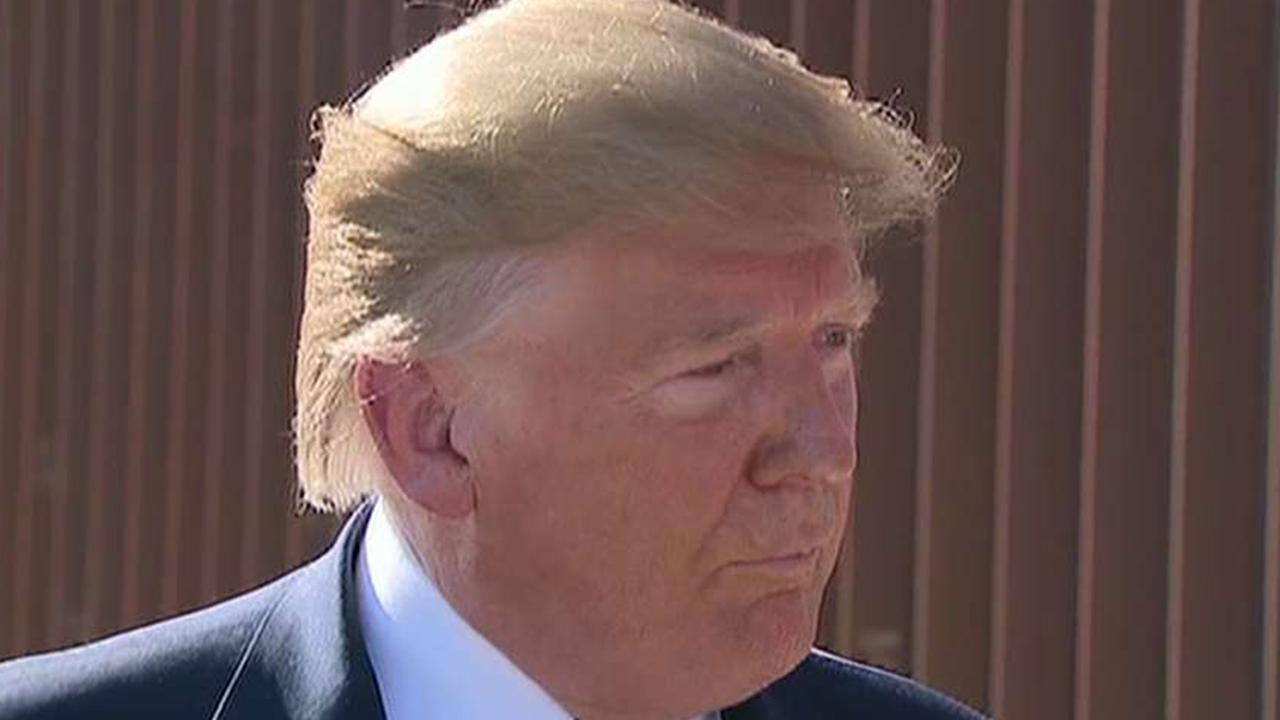Powell stresses Fed's independence at film screening
Federal Reserve Chair Jerome Powell used the screening of a wonky movie to reiterate that the U.S. central bank must remain independent.
Ahead of the premiere of "Marriner Eccles: Father of the Modern Federal Reserve," in Salt Lake City, Utah, Powell noted Eccles’ role in setting up a modern-day, independent Fed in the 1930s. Eccles, Chairman of the Fed under Presidents Roosevelt and Truman, helped shape economic policies beginning in 1934 navigating the nation through the Great Depression.
“Perhaps most importantly from my perspective as Fed Chair, he is responsible more than any other person for the fact that the United States today has an independent central bank—a central bank able to make decisions in the long-term best interest of the economy, without regard to the political pressures of the moment” said Powell in prepared remarks.
Powell has been hammered by President Trump for months, verbally and in tweets like this one delivered on October 1., causing some to question whether the Fed can remain free of political pressure.
“I leave you with this statement from Marriner, inscribed on a plaque in the Eccles Building: “The management of the central bank must be absolutely free from the dangers of control by politics and by private interests, singly or combined" Powell added.
It is unlikely Trump will let up on the Fed which he continues to criticize for keeping interest rates too high as global central banks cut rates giving those countries a competitive advantage against the U.S.

A portrait of the Chairman of the Federal Reserve Bank, Marriner S. Eccles. (Photo by Thomas D. Mcavoy/The LIFE Picture Collection via Getty Images)
KUED, Utah’s PBS station, in partnership with Salt Lake County, is behind the new film produced by Senior Producer, John Howe.
GET FOX BUSINESS ON THE GO BY CLICKING HERE
“As the economy slowly recovered, Eccles took steps to solidify what he considered an essential piece of the puzzle. – the independence of the Federal Reserve as an institution. The Banking Act of 1935 was one of Eccles’ greatest achievements. Through it and his leadership – in conjunction with the creation of the Federal Deposit Insurance Corporation (FDIC) and new restraints and safeguards on the banking industry – the Fed was able to keep interest rates low, combat deflation, and stimulate modest economic growth through the 1930s” states a synopsis of the film.
“In the years following World War II, the Fed became increasingly concerned over rampant government spending and inflation, arguing it was time to reconsider wartime interest rates. President Truman disagreed. This dispute ended with the signing of the Treasury-Federal Reserve Accord of 1951, but eventually, Eccles turned in his letter of resignation.”
FOX Business' Jennifer Schonberger contributed to this report.




















